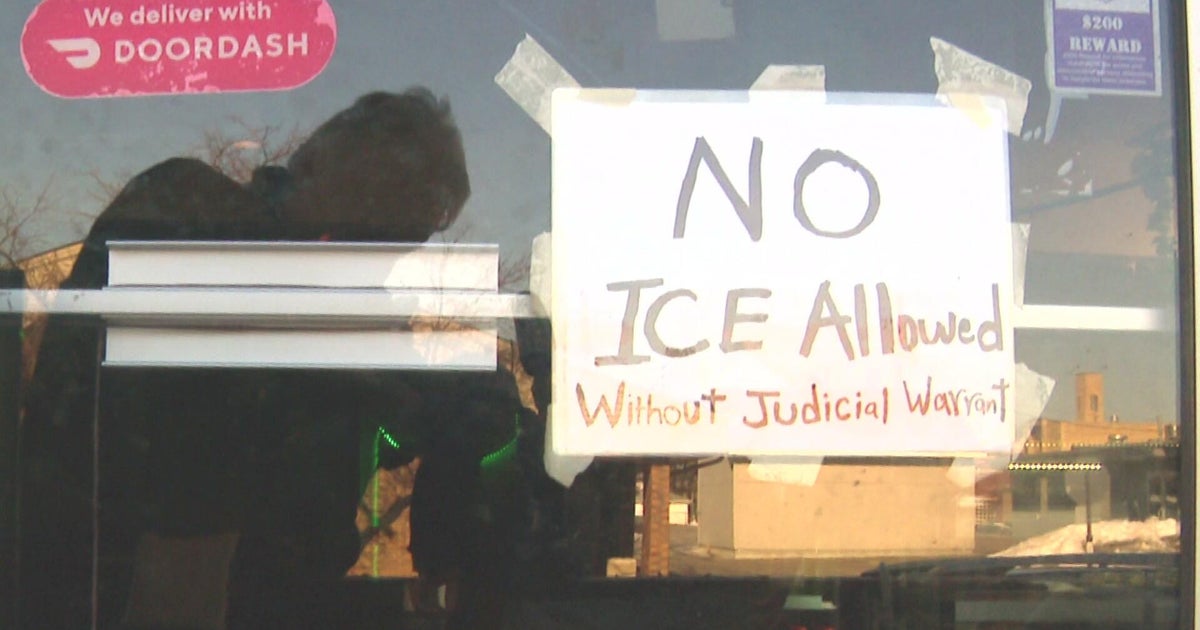New Census Data: More Mich. Residents In Poverty
DETROIT (WWJ/AP) - More Michigan residents are living in poverty as the state works to free itself from the lingering effects of the nation's recession, according to new census data released Thursday.
The poverty rate rose from 16.2 percent in 2009 to 16.8 percent in Michigan, according to the 2010 numbers that were part of the American Community Survey. The percent of children under 18 in poverty in Michigan rose from 22.5 percent to 23.5 percent.
"The trends are pretty obvious that it's been a decade of loss," William Testa, an economist with the Federal Reserve Bank of Chicago who studies the Midwest, told The Detroit News.
In Detroit, 37.6 percent of all people were in poverty and 53.6 percent of children were in poverty.
Median household income fell more than 1 percent from 2009 to $45,413 as more people worked in the lower-pay service industry than in manufacturing.
"Michigan finally has gotten to the point of relative stabilization after dropping in the past nine, 10 years - seems to be that we have bottomed out," Kurt Metzger, director of Data Driven Detroit, a demographic research agency, told the Detroit Free Press.
Michigan was hit hard amid the recession that officially ended in mid-2009 and has continued to have relatively high unemployment. In the latest numbers for August, Michigan's seasonally adjusted unemployment rate rose 0.3 percentage points, to 11.2 percent.
Nationwide, the number of households receiving food stamps swelled by 2 million to 13.6 million, meaning that nearly 1 in 8 households receives the government aid. The highest shares of recipients are in Oregon, Tennessee, Michigan, Kentucky and Mississippi.
The poverty numbers come amid planned cuts to food and cash assistance programs. An undetermined number of Michigan's nearly 2 million food assistance recipients, for example, will lose the help under new eligibility requirements the state will begin using in October.
Earlier this month, Republican Gov. Rick Snyder signed into law a stricter, four-year lifetime limit on cash welfare benefits, prompting advocates for the poor to warn that tens of thousands of residents will find themselves without cash assistance on Oct. 1.
"We are returning cash assistance to its original intent as a transitional program to help families while they work toward self-sufficiency and also preserving our state's integral safety net for families most in need," Snyder said.
Snyder has said the state will offer exemptions to the limit on cash benefits for those with a disability who can't work, those who care for a disabled spouse or child and those who are 65 or older and don't qualify for Social Security benefits or receive very low benefits.
The Associated Press contributed to this report.







